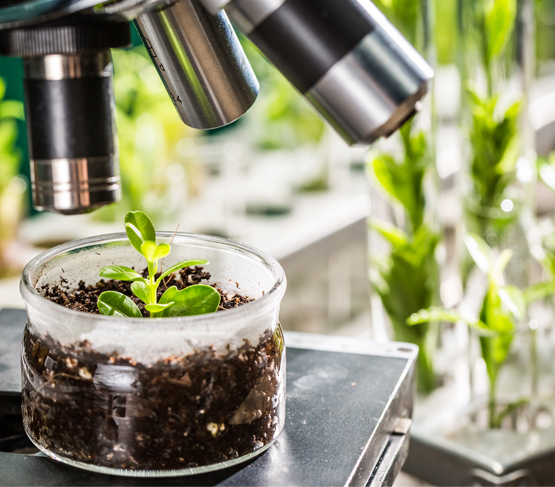Seed of an approved variety can only be offered for sale if it meets strict quality criteria laid down in UK law. The UK’s official seed certification system offers an independent assurance of quality to growers. Minimum standards apply for varietal identity, purity, and germination capacity. In addition, strict limits apply to seed-borne diseases, and the presence of physical impurities such as weed seeds.
Around 9 percent of the UK arable area is used to multiply the pure lines of seed from the plant breeder into certified seed. This involves several thousand individual crops, each grown under specific management regimes to ensure the purity and integrity of the resulting seed is maintained. To gain certification, every seed crop must undergo crop inspection and seed testing.



